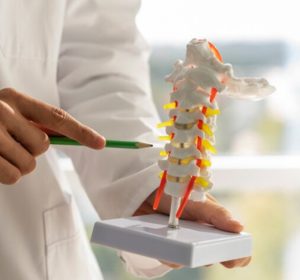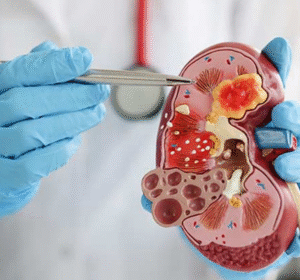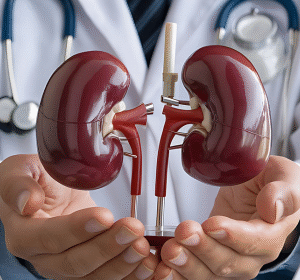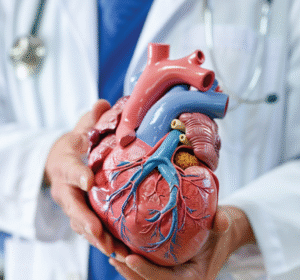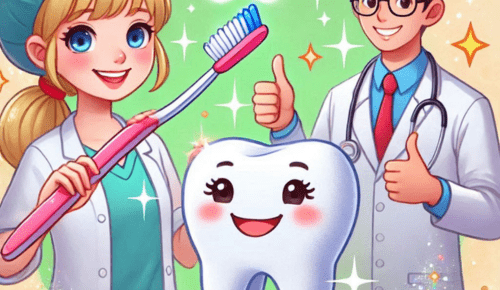
Maintaining good oral health is essential for preventing caries and other dental problems. One crucial aspect of oral health is saliva production, which plays a vital role in neutralizing acids, remineralizing teeth, and washing away bacteria and food particles. At our dental practice, our experienced dentist in Memphis, TN, emphasizes the importance of stimulating saliva production to prevent caries and promote overall oral health.
In this article, we will explore the significance of saliva production in caries prevention and discuss various methods for stimulating saliva production, providing you with valuable insights and tips to maintain a healthy, happy smile.
What is The Importance of Saliva Production for Caries Prevention?
Saliva production plays a crucial role in caries prevention due to its several protective properties. Here are some of the key reasons why saliva production is essential for caries prevention:
- Neutralization of Acids: Saliva helps neutralize acids produced by bacteria in the mouth, reducing the risk of tooth demineralization and decay.
- Remineralization of Teeth: Saliva contains minerals such as calcium and phosphate, which help remineralize teeth and reverse the early stages of tooth decay.
- Antibacterial Properties: Saliva contains enzymes and proteins that help combat bacteria and other microorganisms in the mouth, reducing the risk of infection and caries.
- Clearing of Food Particles: Saliva helps wash away food particles and bacteria from the mouth, reducing the risk of caries and other oral health problems.
- Maintenance of Oral pH: Saliva helps maintain the pH balance in the mouth, preventing the growth of acid-producing bacteria that can contribute to caries.
- Protection of Tooth Enamel: Saliva contains proteins that help protect tooth enamel from acid erosion and wear.
- Facilitation of Tooth Repair: Saliva contains growth factors and other proteins that help facilitate tooth repair and regeneration.
What Are The Factors that Affect Saliva Production?
Several factors can affect saliva production, leading to dry mouth and increased risk of caries. These factors include:
- Medications: Certain medications, such as antidepressants, antihistamines, and decongestants, can reduce saliva production.
- Aging: Saliva production decreases with age, making older adults more susceptible to dry mouth and caries.
- Medical conditions: Certain medical conditions, such as Sjögren’s syndrome, diabetes, and Parkinson’s disease, can affect saliva production.
- Radiation therapy: Radiation therapy to the head and neck can damage salivary glands, leading to reduced saliva production.
What Are The Methods for Stimulating Saliva Production?
Fortunately, there are several methods for stimulating saliva production and preventing caries. These methods include:
- Chewing sugar-free gum: Chewing sugar-free gum stimulates saliva production and helps to wash away bacteria and food particles.
- Sucking on sugar-free candies: Sucking on sugar-free candies, such as lozenges or lollipops, can stimulate saliva production and provide temporary relief from dry mouth.
- Drinking plenty of water: Drinking plenty of water helps to keep the mouth moist and stimulates saliva production.
- Avoiding caffeine and alcohol: Caffeine and alcohol can reduce saliva production, so it’s best to avoid them or consume them in moderation.
- Using a humidifier: Using a humidifier can help to add moisture to the air, relieving dry mouth and stimulating saliva production.
- Eating saliva-stimulating foods: Certain foods, such as citrus fruits, celery, and carrots, can stimulate saliva production.
- Trying acupuncture: Acupuncture has been shown to stimulate saliva production and relieve dry mouth.
Takeaway
Stimulating saliva production is a simple yet effective way to prevent caries and maintain good oral health. By incorporating saliva-stimulating habits into your daily routine, such as chewing sugar-free gum, sucking on sugar-free candies, and drinking plenty of water, you can significantly reduce your risk of caries and other oral health problems.
Additionally, regular dental check-ups and good oral hygiene practices can help ensure optimal saliva production and overall oral health. By prioritizing saliva production and oral health, you can enjoy a healthy, happy smile for years to come.

